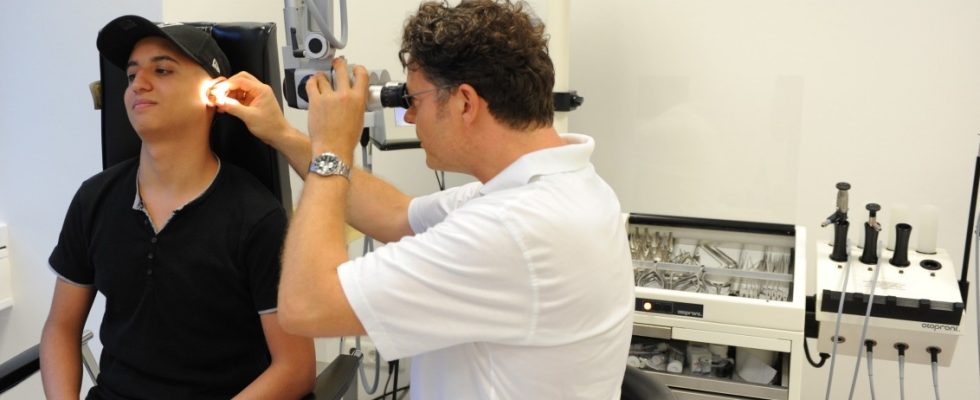Anyone who takes out private health insurance usually assumes that they can be treated by any doctor and may even receive better care than members of a statutory health insurance company.
But at least when it comes to choosing a doctor, there have been unpleasant surprises recently, as the recently published activity report of the ombudsman for private health and nursing care insurance shows. This is the arbitration board for disputes between customers and private health insurers (PKV). In Germany, around nine million people have private insurance and 74 million are members of a statutory health insurance company.
The problem: Some companies do not pay bills for treatments by doctors who have sold their practice to a GmbH. This is what the ombudsman, former FDP politician Heinz Lanfermann, reports in his report.
The insurer refused to cover the costs
“An applicant turned to the ombudsman because his insurer no longer reimbursed an invoice for examinations by his long-standing doctor. The doctor had previously sold his practice to a GmbH and then carried out treatments on behalf of this company,” reports Lanfermann.
The insurer refused to cover the costs even though the doctor had been treating the patient for 15 years. The company referred to the general insurance conditions of the private health insurance companies. It says: “The insured person is free to choose among the licensed doctors and dentists in private practice.”
The company that bought the doctor’s practice was a legal entity as a GmbH and not a contracted doctor, according to the ombudsman. Therefore, he could not object to the insurer’s decision.
In this specific case, the company paid the bill for the previous treatment on a voluntary basis. “However, the insurer cited the lack of obligation to provide benefits for future treatments,” writes the ombudsman.
Stefan Reker from the Association of Private Health Insurance believes the regulation is correct. “This protects patients from practice operators who are only interested in profit,” he says. On the other hand, there are no problems with bills for treatments in medical care centers with employed doctors who are under medical supervision.
Members of statutory health insurance companies are not aware of such problems with doctors in GmbHs.
Financial investors have been operating hospitals and nursing homes for decades. Interest in medical practices, on the other hand, is comparatively new. For around eight years, investors have been building dentist and doctor chains, often combined with dental laboratories and other services.
66 percent of doctors rejected the offer
There are no exact figures as to how many practices now belong to such companies. A year ago, the Health Foundation surveyed 10,000 doctors about the interest of investors. According to this, 11.7 percent of practicing doctors received a takeover offer. Among specialists it was 17.1 percent, among dentists 14.8 percent and among general practitioners 12.6 percent.
Of the doctors who received an offer, 66 percent declined, but 8.5 percent accepted the offer. “Another 25.5 percent would have done so if the conditions had been right,” it says. Often, according to the doctors, the sums offered to the practices were too low. After all, the foundation estimates that around one percent of practicing doctors have already sold their practice to an investor. That would be between 6,000 and 10,000 practices throughout Germany.
There can often be a dispute between insurers and customers as to whether an invoice is paid or not. The private health insurance companies may have to adjust their terms and conditions. The GmbHs will no longer disappear.

